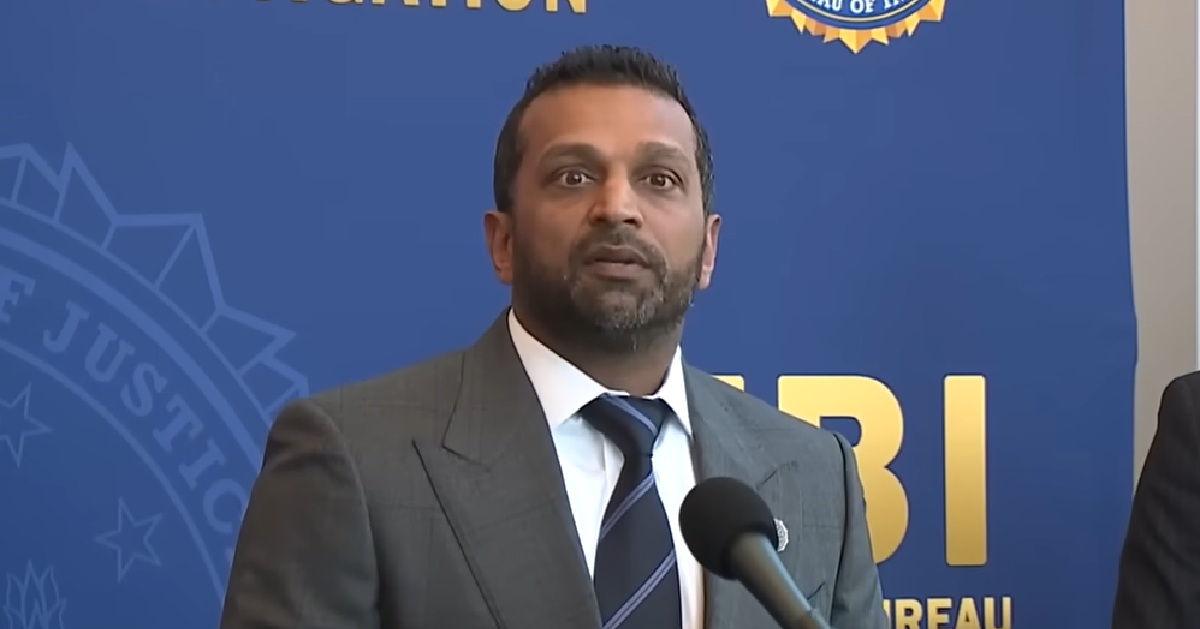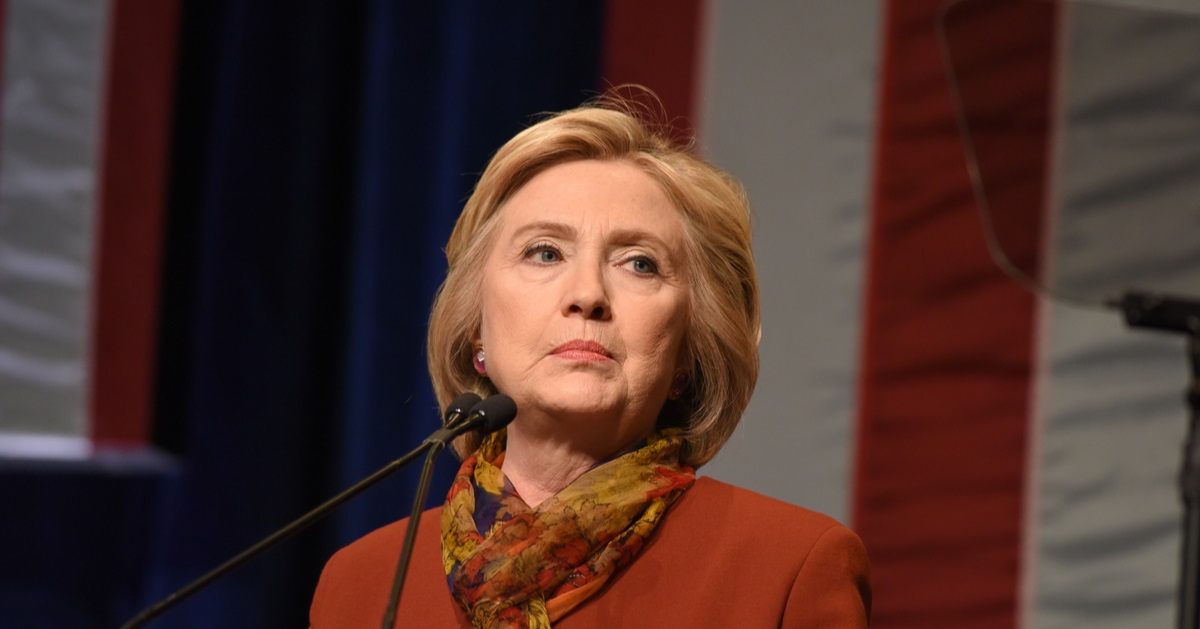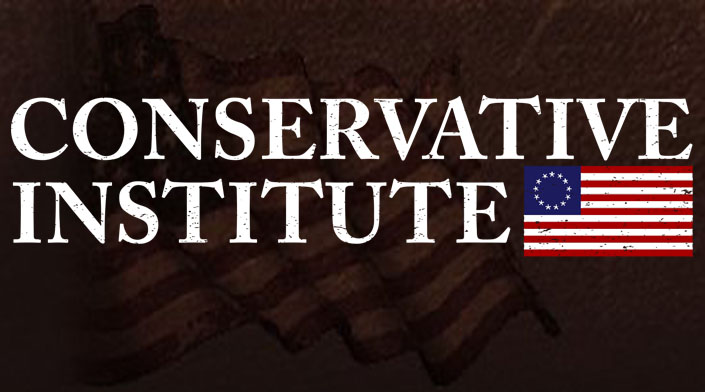Federal judge accused of judicial overreach in barring DOGE from Treasury systems
President Donald Trump tasking Elon Musk with running the Department of Government Efficiency (DOGE) was one of the most brilliant moves of his presidency so far, and it's only getting better.
But because DOGE is doing what it set out to do, which is eliminate government waste, the group is also exposing the rampant corruption and waste within the U.S. government, and some folks in high places are getting antsy about it.
According to Fox News, one of the latest maneuvers to slow down the DOGE team included attempts to lock the unit out of the Treasury Department's data.
The order was described as "vague" and has Republicans worried that it amounts to judicial overreach, as the order can severely hamper DOGE's efforts.
What's going on?
Barack Obama-appointed U.S. District Judge for the Southern District of New York Paul Engelmayer issued a temporary restraining order that sided with a lawsuit brought against DOGE by 19 Democratic attorneys general.
The attorneys general argued that giving DOGE full access to the Treasury's payment systems was a violation of federal law.
Unsurprisingly, the lawsuit was spearheaded by New York Attorney General Letitia James, who has long had a vendetta against Trump, and especially now that he's in charge.
The Federalist's senior legal correspondent Margot Cleveland told Fox News Digital weighed in on the judge's order.
"The judge’s order is rightly being attacked as, at worse, barring the secretary of the Treasury from accessing the Treasury Department’s databases and at best, at being hopelessly ambiguous and confusing," Cleveland said.
The DOGE unit was barred from the systems until the next hearing on Valentine's Day.
What did the order say?
Fox News noted the language in the federal judge's order:
The language of the order specifically bars "political appointees, special government employees, and any government employee detailed from an agency outside the Treasury Department access to Treasury Department payment systems or any other data maintained by the Treasury Department containing personally identifiable information."
The defendants in the case included Secretary Scott Bessent, the U.S. Treasury, and President Trump.
Cleveland also argued that the plaintiffs lack standing to bring the suit against the aforementioned parties.
Only time will tell who wins out on this one.





